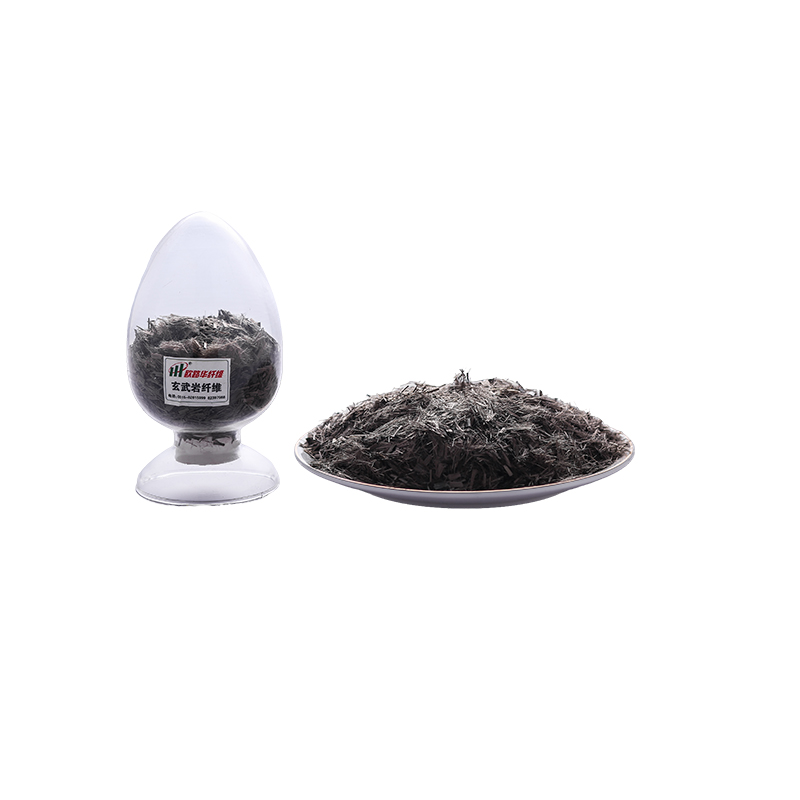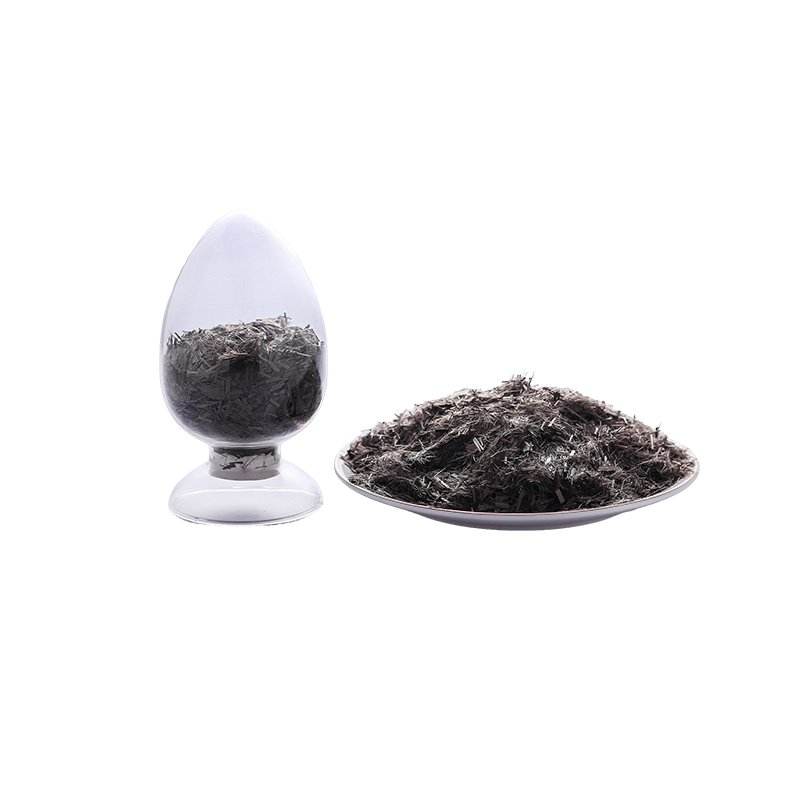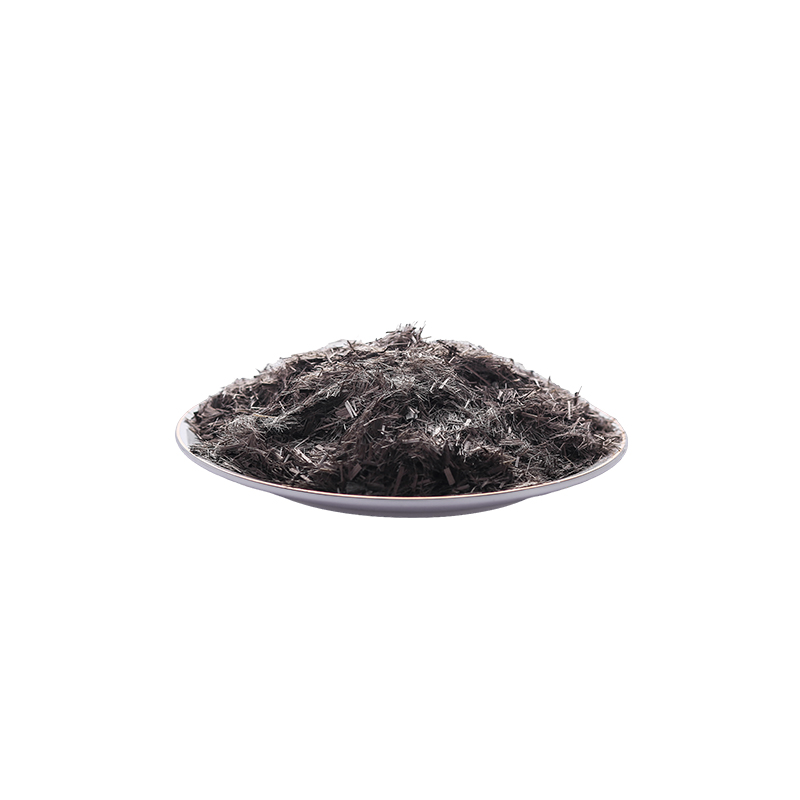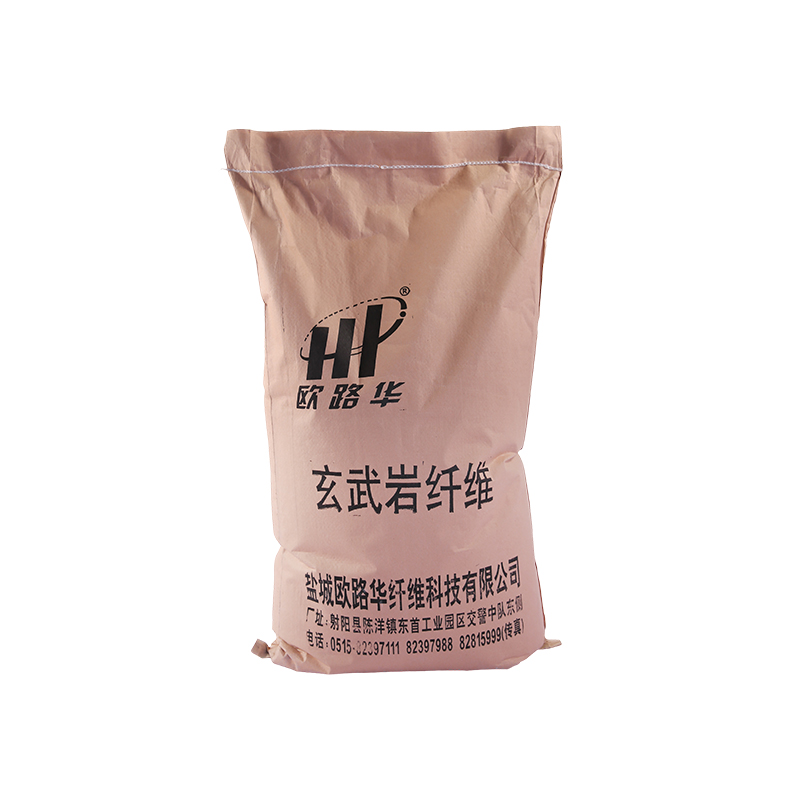Basalt Fiber
OLH-XWYXW
Increase the viscosity and modulus of asphalt. Asphalt mixtures such as SMA and OGFC use more coarse aggregates, and the thickness of the asphalt film is reduced, which is prone to oxidative aging, water damage and fatigue damage. "Ouluhua" brand basalt fiber can effectively increase the The high viscosity and modulus of asphalt can effectively increase the asphalt content and asphalt film thickness of asphalt mixtures. It is an indispensable fiber stabilizer for inter-extruded structure mixtures such as SMA and OGFC to improve the ability to resist rutting deformation at high temperatures.
Because basalt fiber can effectively increase the viscosity and modulus of asphalt, it is an effective technical means to improve the resistance of various asphalt mixtures to rutting deformation. Improve low temperature crack resistance.
Basalt fiber can significantly improve the tensile strength and toughness of asphalt mixtures, thereby significantly improving the low-temperature crack resistance of asphalt pavement. Adding basalt fiber can greatly improve the low-temperature crack resistance of various asphalt mixtures, and the effect of improving the crack resistance is directly proportional to the amount of fiber added. Therefore, it is the most effective method to solve the severe early water damage and pavement crack damage of asphalt pavement in my country.
1. Put the pre-weighed basalt fiber into the mixing chamber manually and simultaneously. After putting in the aggregate, the fiber should be put in immediately for dry mixing. The dry mixing time is 8-12 seconds, and should not exceed 14 seconds! The wet mixing time is generally 45-50 seconds, and the wet mixing time can be extended according to the needs of the mixture. Basalt fiber has no requirements on mixing temperature. 2. The basalt fiber is blown and added simultaneously with the asphalt by means of air blowing. No need to extend the mixing time. The wet mixing time is generally 45-50 seconds. Basalt fiber has no requirements on mixing temperature.
performance | Index |
Appearance pass rate (%) | ≥90 |
Density(g/cm³) | 2.60~2.80 |
Breaking strength (MPa) | 1200~2200 |
Modulus of elasticity (MPa) | ≥7.5 x103 |
Elongation at break(%) | 2.4~3.1 |
Combustible content (%) | 0.1 ~1.0 |
Moisture content(%) | ≤0.2 |
Heat resistance, fracture strength retention rate (%) | ≥85 |
Alkali resistance, breaking strength retention rate (%) | ≥75 |
Note 1: The test of alkali resistance is the strength retention rate after boiling in saturated Ca(OH) solution for 4 hours. Basalt fibers used in cement concrete and cement mortar should be tested for alkali resistance. |
Note 2: The test of heat resistance is the fracture strength retention rate after heating in an oven at 250°C for 4 hours. Basalt fibers used in asphalt concrete and asphalt mortar should be tested for heat resistance. |
Note 3: Basalt fibers used in asphalt concrete and asphalt mortar should be tested for combustible content and moisture content. |




